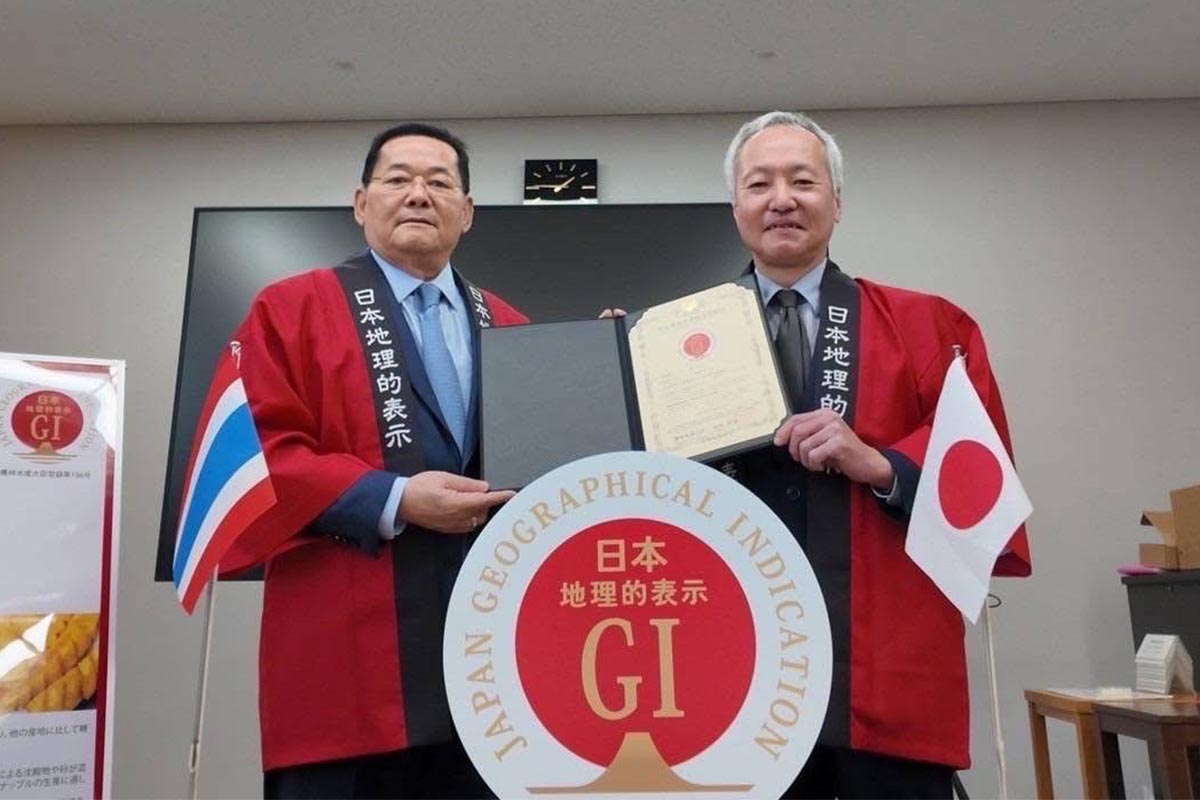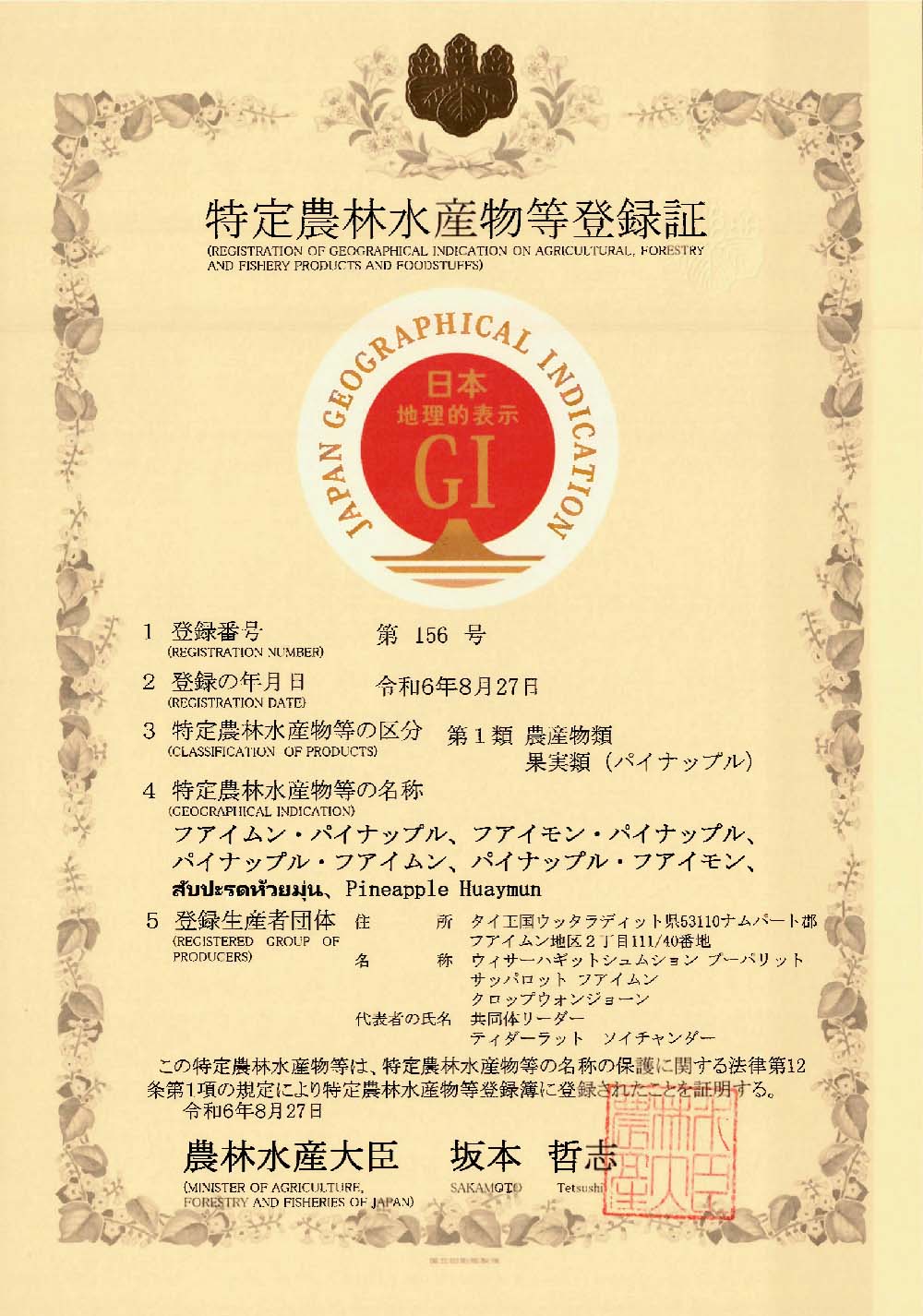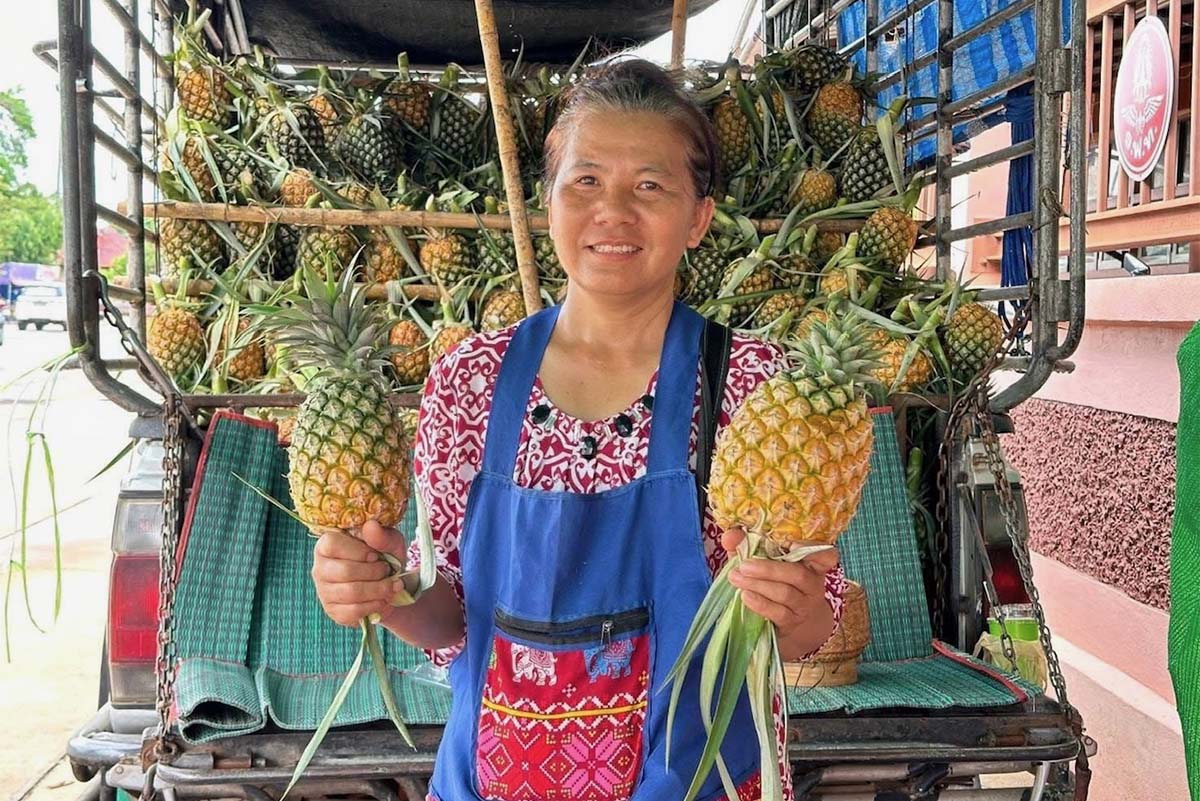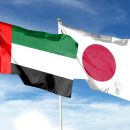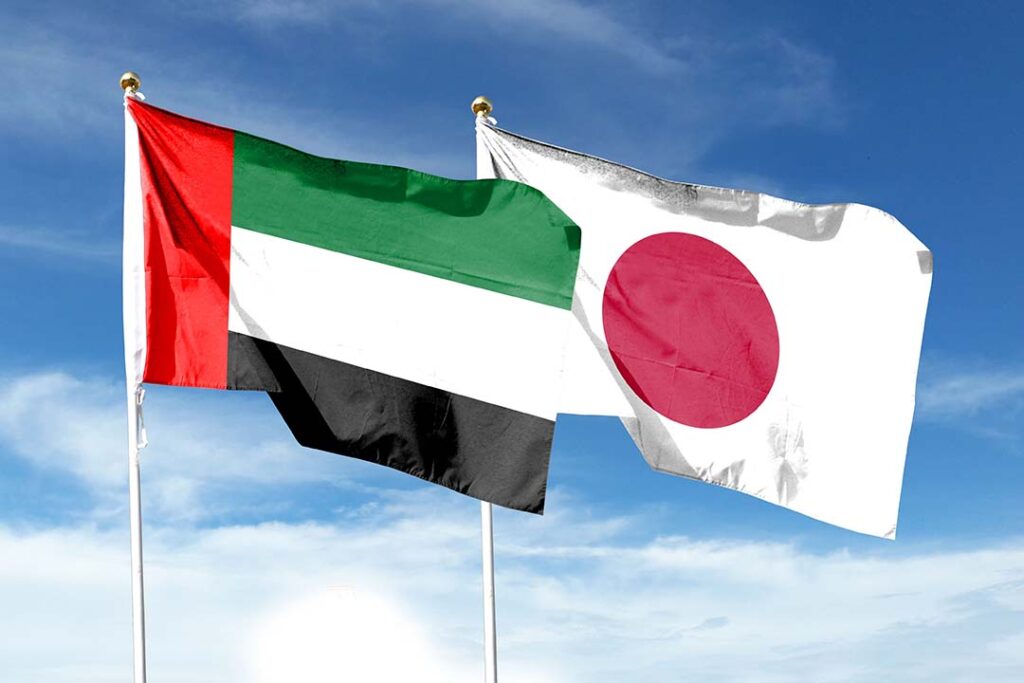As a key player in ASEAN’s economic landscape, Thailand continues to strengthen its trade partnerships and economic policies to maintain its competitive edge. With Japan being one of its most important trade allies, Thailand is advancing strategic initiatives to enhance economic cooperation, sustainable development, and regional innovation. Deputy Minister of Commerce, Mr. Napintorn Srisunpang, shares insights into Thailand’s evolving role in trade, investment, and sustainability, outlining key opportunities and challenges in the years ahead.
How do you see Thailand’s role evolving in regional trade, particularly with Japan, in light of recent economic agreements?
Thailand places high importance on regional economic integration, recognizing its pivotal role in driving economic growth within ASEAN. Japan, as a “Comprehensive Strategic Partner” of ASEAN, significantly contributes to the region’s economic development. In 2024, total trade between Thailand and Japan reached USD 52.02 billion, supported by key free trade agreements (FTAs) such as the Japan-Thailand Economic Partnership Agreement (JTEPA), the ASEAN-Japan Comprehensive Economic Partnership Agreement (AJCEP), and the Regional Comprehensive Economic Partnership Agreement (RCEP).
These agreements have positioned Thailand as a major automotive manufacturing hub within ASEAN. Preferential tariff schemes have facilitated continuous investment from Japanese automakers, aligning with Thailand’s policy to promote next-generation automotive industries. Furthermore, Thailand actively supports the “Future Design and Action Plan for Innovative and Sustainable ASEAN-Japan Economic Co-Creation 2023-2033.” This initiative fosters digital and green economic collaboration between ASEAN and Japan, driving innovation, supply chain development, and human resource exchange.
Through strategic partnerships, innovation, and a strong commitment to sustainability, Thailand continues to shape the future of regional trade and investment.
Napintorn Srisunpang, Deputy Minister of Commerce
What are the key opportunities and challenges for Thai exports to Japan in 2025 and beyond?
Thailand has significant opportunities to expand exports to Japan, particularly in agricultural and health-related sectors. Strengthened FTAs continue to improve trade conditions, while Japan’s demand for high-quality tropical fruits and wellness products aligns with Thailand’s export capabilities. Additionally, the upcoming EXPO 2025 Osaka Kansai presents an opportunity to showcase Thailand’s expertise in healthcare products and services, catering to Japan’s aging population.
However, challenges remain. Geopolitical tensions and trade protectionism could impact market stability, while stringent Japanese quality standards necessitate continuous investment in product compliance. Currency fluctuations also pose a risk, affecting Thai product competitiveness in the Japanese market. Addressing these challenges requires strategic planning and policy support to ensure sustainable export growth.
What does receiving GI status mean for a product like Pineapple Huaymun? How does it impact Thailand’s agricultural exports, and are there other Thai products in the pipeline for GI status, particularly in key export markets like Japan?
The registration of Pineapple Huaymun as a Geographical Indication (GI) product in Japan enhances its market recognition, particularly among Japanese consumers who value product origin and quality. This designation not only promotes cultivation areas as agri-tourism destinations but also boosts income for local farmers.
Thailand is committed to expanding its GI product recognition internationally. Participation in major trade fairs, such as THAIFEX – Anuga Asia, introduces Thai GI products to global markets. High-potential products currently being considered for GI registration in Japan include Banana Hom Thong Nong Bua Daeng (Chaiyaphum Province), Phitsanulok’s Nam Dok Mai Si Thong Mangoes (Phitsanulok Province), and Phetchabun Sweet Tamarind (Phetchabun Province).
How is Thailand positioning itself as a hub for trade, investment, and innovation within ASEAN, particularly in high-growth sectors like pharmaceuticals, medical device manufacturing, and natural wellness products?
The Ministry of Commerce actively supports Thailand’s development as a Medical Hub through its Medical Hub Policy (2025-2034), which focuses on wellness tourism, medical services, academic excellence, product innovation, and healthcare conventions. Thailand ranks among the top global destinations for medical tourism, with the sector generating approximately 700 billion Baht in revenue in 2024.
Additionally, the Ministry promotes fast-track patent registration for pharmaceuticals and health innovations, reducing processing times from 55 months to 12 months. Special visa programs also facilitate long-term medical stays for international patients, particularly from Japan. These initiatives reinforce Thailand’s position as a regional leader in healthcare, wellness, and medical technology.


What role does the Ministry of Commerce play in driving sustainability and competitiveness in Thailand’s export industries?
Sustainability is at the core of Thailand’s trade policies. The Ministry of Commerce actively supports businesses in transitioning to eco-friendly operations through training programs, branding initiatives, and participation in international trade fairs. The Bio-Circular-Green (BCG) Economy model guides national strategies to enhance industrial competitiveness while ensuring sustainable growth.
In the agricultural sector, Thailand is pioneering climate-friendly rice production to align with global sustainability standards. The introduction of “low-carbon rice” across 16,000 million square meters in the Chao Phraya River basin exemplifies efforts to maintain Thailand’s leadership in global rice markets while promoting sustainable farming practices. These initiatives strengthen Thailand’s export industries, ensuring long-term resilience and international recognition.
Through strategic partnerships, innovation, and a strong commitment to sustainability, Thailand continues to shape the future of regional trade and investment. As the country strengthens its economic ties with Japan and the broader ASEAN region, it remains dedicated to fostering growth, competitiveness, and sustainable development in the global marketplace.


